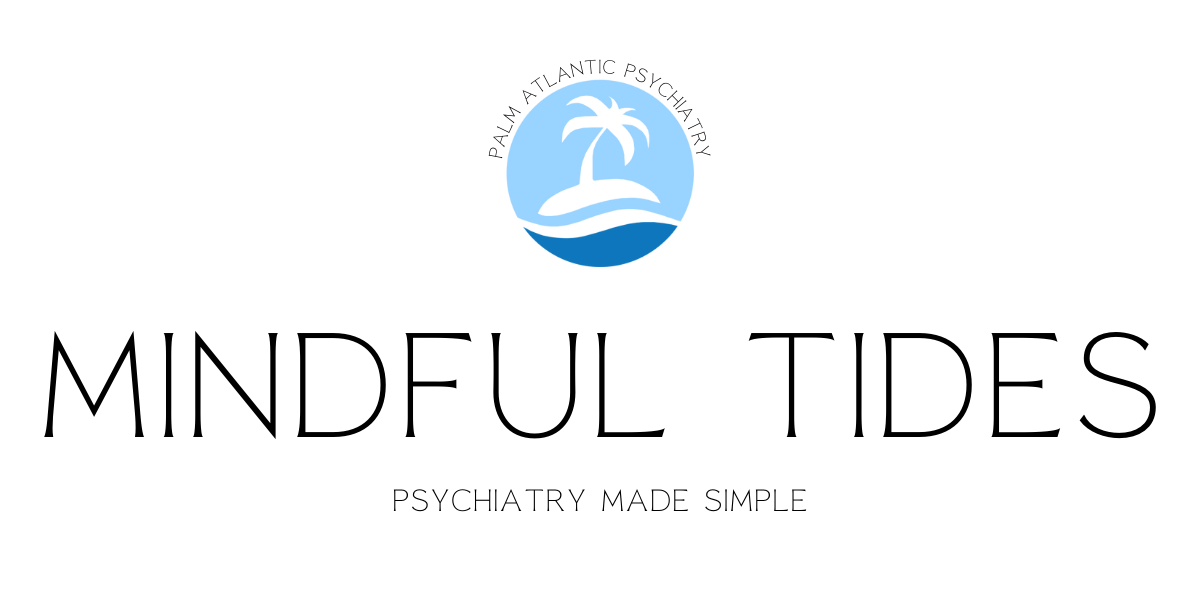The Rise of Burnout: Understanding and Managing Chronic Stress in a Fast-Paced World


Burnout has become a major mental health topic in recent years, especially as more people report feeling overwhelmed, exhausted, and disconnected from their work or daily lives. In our fast-paced, always-connected world, burnout is no longer just a problem for high-powered executives—it’s affecting people across all walks of life, from students to stay-at-home parents, to healthcare workers.
But what exactly is burnout, how does it affect mental health, and more importantly, how can you prevent or recover from it? In this article, we’ll explore what burnout really means, how to recognize the signs, and what you can do to manage chronic stress.
What is Burnout?
Burnout is a state of physical, emotional, and mental exhaustion caused by prolonged stress, especially in situations where you feel overwhelmed, undervalued, or helpless. It’s more than just feeling tired after a busy week—burnout leaves you feeling depleted, disconnected, and unable to function effectively in your personal or professional life.
While the term originally referred mostly to job-related stress, burnout can happen in any area of life, including parenting, caregiving, or school.
The
World Health Organization (WHO) officially recognizes burnout as an “occupational phenomenon,” but it’s important to note that burnout can deeply affect mental health, contributing to anxiety, depression, and even physical illness if left unchecked.
The Three Main Symptoms of Burnout
Burnout tends to manifest in three key ways:
- Emotional Exhaustion: You feel drained, overwhelmed, and unable to cope with your responsibilities. It’s hard to get motivated, and even small tasks feel like huge obstacles.
- Cynicism or Detachment: You may feel disconnected from your work or responsibilities, becoming cynical about your job, relationships, or goals. Some people even describe feeling numb or detached from the things they once cared about.
- Reduced Performance or Accomplishment: Burnout can make you feel like you’re no longer able to perform well at work or in your daily life. Despite putting in the effort, you might feel like you’re not getting anything done, which can lead to frustration and self-doubt.
The Impact of Burnout on Mental Health
While burnout itself is not classified as a medical condition, it can have significant mental health consequences. People experiencing burnout are more likely to develop anxiety, depression, and chronic stress-related illnesses, such as heart disease or high blood pressure. Over time, it can take a toll on both your mental and physical well-being.
Burnout also affects personal relationships, as individuals may withdraw from social interactions or feel too exhausted to maintain connections with loved ones. This can lead to increased isolation, which only makes the symptoms of burnout worse.
Why Is Burnout Such a Hot Topic Right Now?
The rise of burnout as a major mental health concern can be attributed to several modern-day factors:
- The Always-On Culture: With smartphones, emails, and social media, many people feel like they can never fully disconnect from work or responsibilities. The pressure to be constantly available, whether for work or social obligations, contributes to chronic stress.
- Workplace Demands: Increased workloads, tight deadlines, and the expectation to “do more with less” have pushed many employees to their breaking point. The pandemic has only exacerbated this, with many people working longer hours and facing greater uncertainty.
- The Pandemic’s Toll: The COVID-19 pandemic has contributed to a significant rise in burnout, particularly among healthcare professionals, teachers, and essential workers. Juggling work, personal health, and family responsibilities under constant stress has led to record levels of burnout across industries.
- Social Comparison and Perfectionism: Social media often paints an unrealistic picture of success, making people feel like they’re falling behind or not achieving enough. The pressure to keep up with others can lead to perfectionism, which is a common precursor to burnout.
How to Manage and Recover from Burnout
Recovering from burnout isn’t just about taking a few days off—it’s about addressing the underlying causes of chronic stress and making long-term changes to protect your mental health. Here are some key strategies:
- Set Clear Boundaries: Whether it’s work-related or personal, setting clear boundaries is essential for managing burnout. This might mean turning off work emails after hours, saying “no” to additional responsibilities, or creating designated times for rest and relaxation.
- Take Breaks: It might sound simple, but regular breaks throughout the day are important for preventing burnout. Try stepping away from your computer or responsibilities every hour to recharge, even if it’s just for a few minutes.
- Prioritize Self-Care: Self-care isn’t just about bubble baths and spa days—it’s about making time for activities that restore your mental and physical well-being. Exercise, sleep, healthy eating, and hobbies that you enjoy can all help reduce stress and boost your energy levels.
- Talk to Someone: Whether it’s a therapist, a friend, or a support group, talking to someone about how you’re feeling can be incredibly helpful. A therapist can offer strategies for managing stress, and simply sharing your struggles can lighten the emotional load.
- Reevaluate Your Workload or Responsibilities: If possible, talk to your employer or supervisor about redistributing work or adjusting expectations. In other areas of life, consider whether there are any responsibilities you can delegate or remove from your plate.
- Practice Mindfulness: Techniques like mindfulness meditation, deep breathing exercises, or yoga can help you stay grounded and reduce stress. Mindfulness helps train the brain to focus on the present moment and quiet the constant mental chatter that fuels burnout.
What the Future of Mental Health Care for Burnout Looks Like
The rise of burnout has spurred important conversations about the need for systemic changes to support mental health in the workplace and beyond. As burnout becomes more widely recognized, employers and institutions are beginning to implement changes like offering mental health days, flexible work schedules, and promoting a better work-life balance.
Moreover, the medical community is paying closer attention to burnout, with more research being done on its long-term effects and treatments. This shift could lead to better mental health policies and more comprehensive care for those affected.
Final Thoughts
Burnout is a serious issue affecting more people than ever before, but it’s important to know that you can take steps to manage and recover from it. By setting boundaries, taking breaks, and seeking support, you can protect your mental health and regain your sense of balance.
As society becomes more aware of burnout’s impact, we’re likely to see a future where mental health is prioritized in all aspects of life, from the workplace to personal well-being. If you’re experiencing burnout, don’t hesitate to seek help—recovery is possible, and you deserve the time and space to heal.
If you're ready to take control of your burnout and start experiencing relief,
reach out to Palm Atlantic Psychiatry today to schedule an appointment.

All Rights Reserved | Palm Atlantic Psychiatry | Privacy Policy
By providing your email address or phone number and clicking "Submit" or any similar action, you agree to receive emails and text messages (SMS) from Palm Atlantic Psychiatry regarding appointments, services, and important updates. Message and data rates may apply. You can opt out at any time by clicking "UNSUBSCRIBE" or replying "STOP" to any message.




